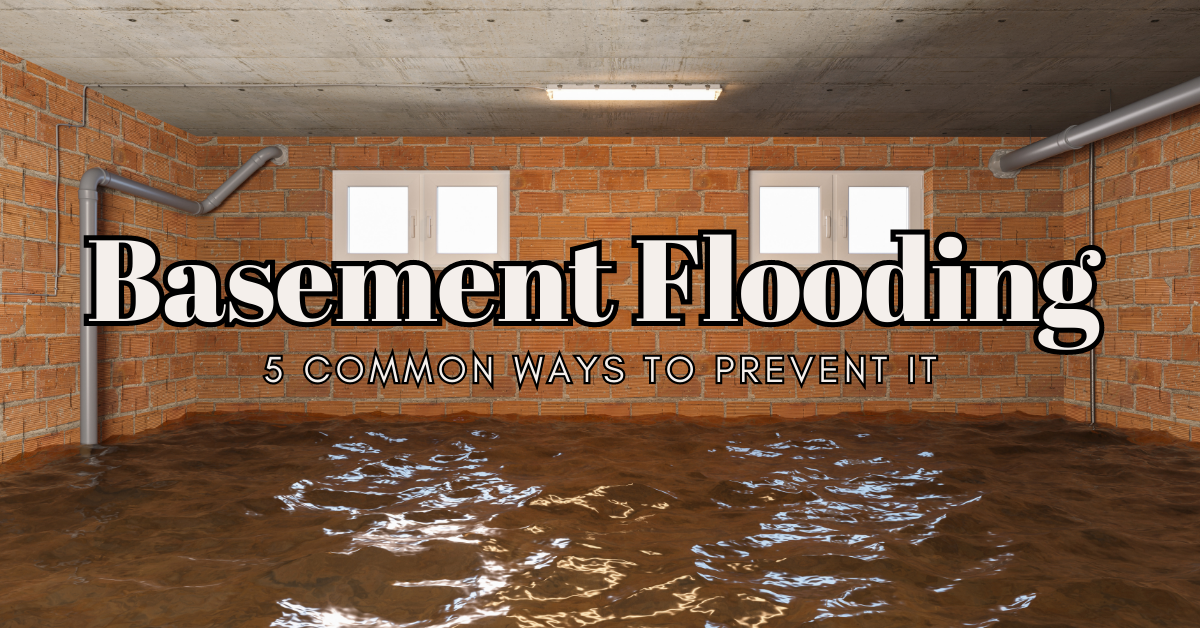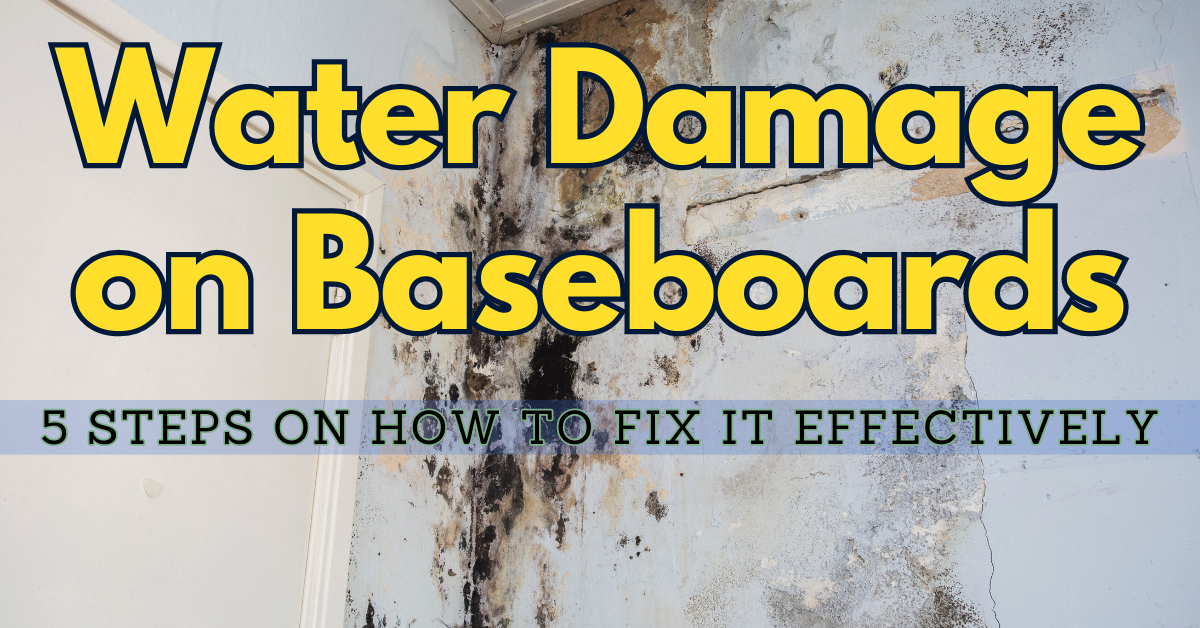 It is very upsetting to come home with a flooded basement. You might need to do tremendous work that requires a lot of effort. But, basements are so vulnerable to flooding. Basement flooding is because of many sources. External sources like heavy rainstorms or rapid snowmelt can augment its high rate of getting flooded. Internal threats like malfunctioning appliances that are hosed in your basement and leaky pipes that run through it can add up to its vulnerability of suffering from water damage.
It is very upsetting to come home with a flooded basement. You might need to do tremendous work that requires a lot of effort. But, basements are so vulnerable to flooding. Basement flooding is because of many sources. External sources like heavy rainstorms or rapid snowmelt can augment its high rate of getting flooded. Internal threats like malfunctioning appliances that are hosed in your basement and leaky pipes that run through it can add up to its vulnerability of suffering from water damage.
Ways to Keep Your Basement from Flooding
With practical measures, you can defend your basement from flooding. Here’s what you can do to keep water from accumulating in your basement.
1. Clean The Rain Gutters
Keeping your gutters clean is essential in preventing water from pouring directly into the foundation of your home. Debris, like leaves and twigs, can build up in your gutters and prevent water from flowing freely in your gutters.
Clean your gutters regularly and remove any accumulated debris to keep water from pooling into your home’s foundation.
By doing this, you can avoid basement flooding.
2. Extend The Downspouts
To prevent basement flooding, downspouts should be extended for at least five feet away from the foundation of your home. You can achieve this by adding plastic or metal extensions to your current downspouts. You can also consider installing underground rain pipes which can help direct water to the front or back yards of your home.
3. Repair Foundation Cracks
Foundation cracks can allow water to enter and cause damage to your basement, potentially resulting in flooding. To avoid this, inspect your foundation and floors for cracks and promptly address them. You can utilize hydraulic cement or polyurethane caulk to seal gaps and mend the cracks. If you encounter significant issues, it is advisable to seek assistance from a professional.
4. Grade The Ground Around Your Home’s Foundation
Make sure that the ground around your home grades is away from your home’s foundation. It is to reduce the risk of basement flooding. If you have to deal with serious water problems, you can consider installing a French drain. This system is composed of several pieces of underground pipes that redirect water away from your basement.
5. Install A Sump Pump
This device can be your greatest defense against water damage, mold growth, and flooding. Its purpose is to pump out water that has pooled in the basin. When there is an increase in the water level on the basement floor, your sump pump will automatically remove the water from your basement.
If you already have a sump pump installed in your basement, make sure to know how to operate and test it regularly or before the coming of the rainy season. Having this can be really a big help for you to avoid basement flooding.
But, what if your basement floods
Even with ample ways of preventing water damage to your basement, accidents still do happen. When water damages your basement, make sure to act fast. Delaying the process of cleaning up and repairing the damage can make matters worse, as standing water can cause structural damage and mold and mildew growth.
Here are the steps for successful basement water damage restoration after a basement flooding:
Step 1: Turn off the power supply to your basement.
Before entering your basement make sure that the power supply that connects to your basement is completely turned off to prevent electrocution.
Step 2: Identify the cause of the damage.
If a heavy rainstorm is the reason for the flooding, it’s a straightforward explanation. Simply wait for the weather to improve. However, if a burst or leaky pipe is the source of the damage, turn off the main water supply valve.
Step 3: Remove water-damaged items.
Move all damp items, like furniture, electronic devices, couches, carpet, carpet pads, and others into a well-ventilated area. When the weather permits, open windows and doors for air circulation and set up fans for faster drying.
Step 4: Remove excess water.
Once you removed all wet items, you can start removing excess water. If you have a shop vac, use it to remove the standing water. Alternatively, you can use towels and mops to clean up your basement.
Step 5: Dry your basement.
You may need to dry out your basement for several days. You can set up industrial fans or blowers to speed up the drying process. If it is not humid, open doors and windows for air circulation.
Contact Water Damage Restoration Professionals
In case your basement has suffered from flooding, contact water damage professionals immediately. Water damage restoration professionals, like Superior Restoration, are equipped in performing full extraction of water. When water contains pathogens or contaminants from floodwater, it requires emergency restoration.
Our technicians are skilled in dealing with all kinds of water damage, be it in your basement or in other areas of your home. For flood cleanup and restoration, contact our local office today, Water Damage Irvine.




